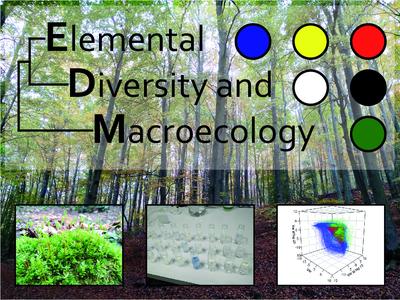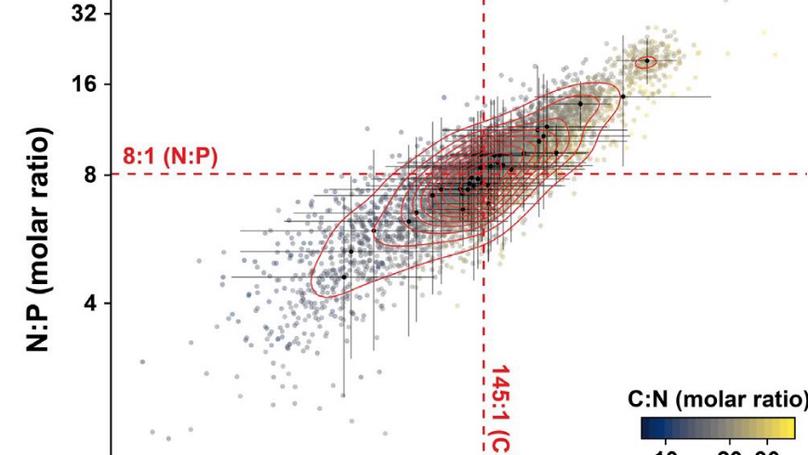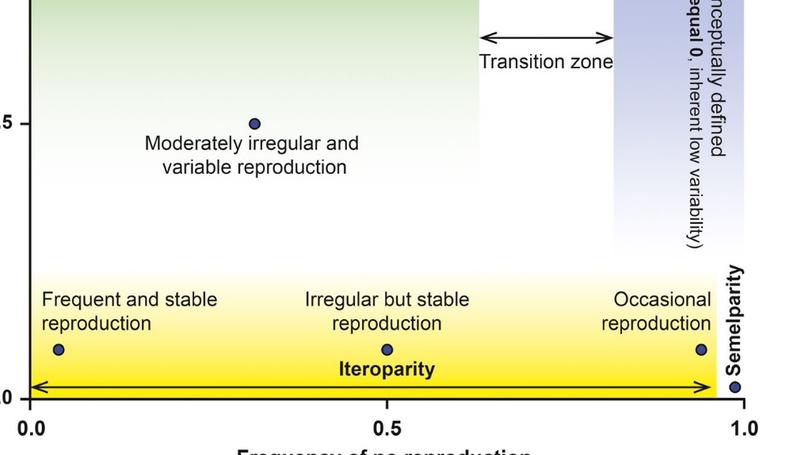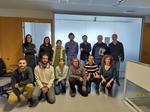Elemental Diversity and Macroecology research team
The main aim of the Elemental Diversity and Macroecology (EDM) research team is to investigate how the elemental composition of organisms determines how they are and how they function: from individuals to ecosystems and from local to global scales.

Latest News
Most recent publications
Featured Publications

Ecological stoichiometry and studies of biogeochemical niches have mainly fo- cused on plankton and vascular plants, but the phenotypically closest modern rela- tives of early plants, bryophytes, have been largely neglected. We analysed C:N:P stoichiometries and elemental compositions (K, Na, Mg, Ca, S, Fe) of 35 widely distributed bryophyte species inhabiting springs. We estimated bryophyte C:N:P ratios and their biogeochemical niches, investigated how elementomes respond to the environment and determined whether they tend to diverge more for coexist- ing than non- coexisting individuals and species. The median C:N:P was 145:8:1, intermediate between Redfield ratio for marine plankton and those for vascular plants. Biogeochemical niches were differentiated amongst species and were phylo- genetically conserved. Differences in individual and species- specific elementomes increased with coexistence between species. Our results provide an evolutionary bridge between the ecological stoichiometries of algae and vascular plants and sug- gest that differences in elementomes could be used to understand community assemblages and functional diversity.

- Properly assessing temporal patterns is a central issue in ecology in order to un- derstand ecosystem processes and their mechanisms. Mast seeding has tradition- ally been described as a reproductive behavior consisting of highly variable and synchronized reproductive events. The most common metric used to measure temporal variability and thus infer masting behavior, the coefficient of variation (CV), however, has been repeatedly suggested to improperly estimate temporal variability. Biases of CV estimates are especially problematic for non- normally dis- tributed data and/or data sets with a high number of zeros.
- Some recent studies have already adopted new metrics to measure temporal vari- ability, but most continue to use CV. This controversy has started a strong debate about what metrics to use.
- We here summarize the problems of CV when assessing temporal variability, par- ticularly across data sets containing a large number of zeros, and highlight the benefits of using other metrics of temporal variability, such as proportional vari- ability (PV) and consecutive disparity (D). We also suggest a new way to look at reproductive behavior, by separating temporal variability from frequency of re- production, to allow better comparison of data sets with different characteristics.
- We suggest future studies to properly describe the temporal patterns in fully scientific and measurable terms that do not lead to confusion, such as variability and frequency of reproduction, using robust and fully comparable metrics.


